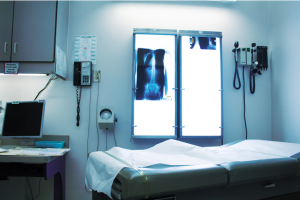
Now, the first case against Johnson & Johnson has concluded, reports the New York Times.
A Los Angeles jury comprised of twelve members ruled in favor of the suit’s plaintiffs and ordered Johnson & Johnson to pay over $8.3 million. The plaintiff, a Montana prison guard, is set to receive $338,000 for his medical costs and $8 million for pain and suffering.
The jury found that the hip replacement had a defect in the design but did not find that DePuy Orthopaedics acted fraudulently; because of this, the jury did not award punitive damages.
Subsequent lawsuits against Johnson & Johnson are scheduled to occur throughout the year. The second lawsuit began in Chicago soon after the conclusion of the first. According to the article, the lawsuits related to the hip replacement may end up costing the company upwards of billions of dollars to conclude.
DePuy spokesperson Lorie Gawreluk stated that the company plans to appeal the verdict and disputes the finding that the device is faulty.
Today, most hip replacements are a combination of metal and plastic, according to the New York Times. Artificial hips made entirely of metal, like Johnson & Johnson’s A.S.R., can cause shedding of metallic debris that can damage the surrounding bone and tissue. The hip replacement A.S.R. that is the subject of the lawsuit has been found to have a significantly higher rate of failure than similar all-metal hip devices.